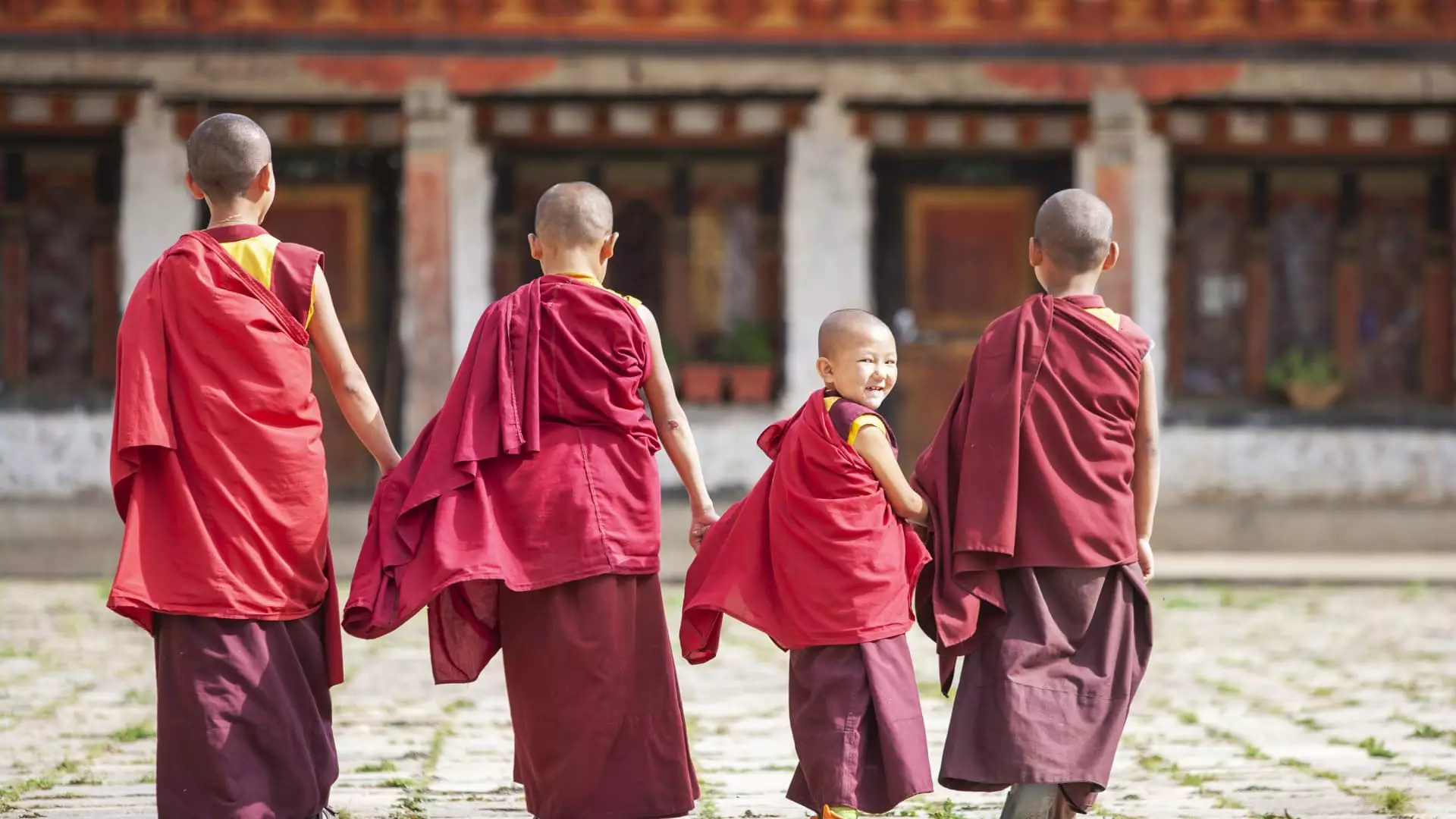Bhutan, a country known for its unique governing philosophy of “Gross National Happiness,” is facing significant challenges as it grapples with an economic crisis that has been described by Prime Minister Tshering Tobgay as pushing the nation to the brink of collapse. While the concept of Gross National Happiness (GNH) has been at the core of Bhutan’s development strategy since the 1970s, the current economic struggles have raised questions about the need for a reevaluation of this guiding principle.
In a recent interview with CNBC, Prime Minister Tobgay acknowledged the necessity of economic growth for Bhutan’s future prosperity. However, he emphasized that the tenets of GNH will not be abandoned in the pursuit of economic expansion. Tobgay highlighted the importance of maintaining a balanced approach to growth, one that is sustainable, equitable, and takes into account social progress, environmental protection, cultural preservation, and good governance. While Bhutan has made significant strides in these areas, Tobgay also admitted that the nation has fallen short economically in the past.
One area where Bhutan has exercised caution is in its approach to tourism. The country’s “high value, low volume” tourism model, characterized by a mandatory daily fee for visitors, has been criticized for being too restrictive and deterring potential tourists. Despite recent adjustments to the Sustainable Development Fee, which caused confusion and fluctuations in visitor numbers, Tobgay defended Bhutan’s commitment to sustainable tourism practices. He argued that the $100 daily fee could potentially be raised to $200 to ensure the long-term viability of the industry.
Bhutan is also facing the issue of youth unemployment, with nearly 30% of young people in the country struggling to find work. The lack of economic opportunities has led many Bhutanese workers to seek employment abroad, depriving the nation of valuable talent and skills. Tobgay acknowledged the need for intervention to create job opportunities within Bhutan, with tourism being identified as one sector that could potentially provide employment for the country’s youth.
In the face of economic uncertainty and the challenges posed by the global pandemic, Bhutan is at a crossroads in its development journey. The principles of Gross National Happiness, while foundational to the nation’s identity, are being reevaluated in light of the current economic crisis. Prime Minister Tobgay’s call for a balanced approach to growth, a reexamination of Bhutan’s tourism strategy, and a focus on creating economic opportunities for the country’s youth signal a shift towards greater economic resilience and adaptation in the years to come. As Bhutan navigates these challenges, the nation’s commitment to holistic well-being and sustainable development will continue to guide its path forward.

